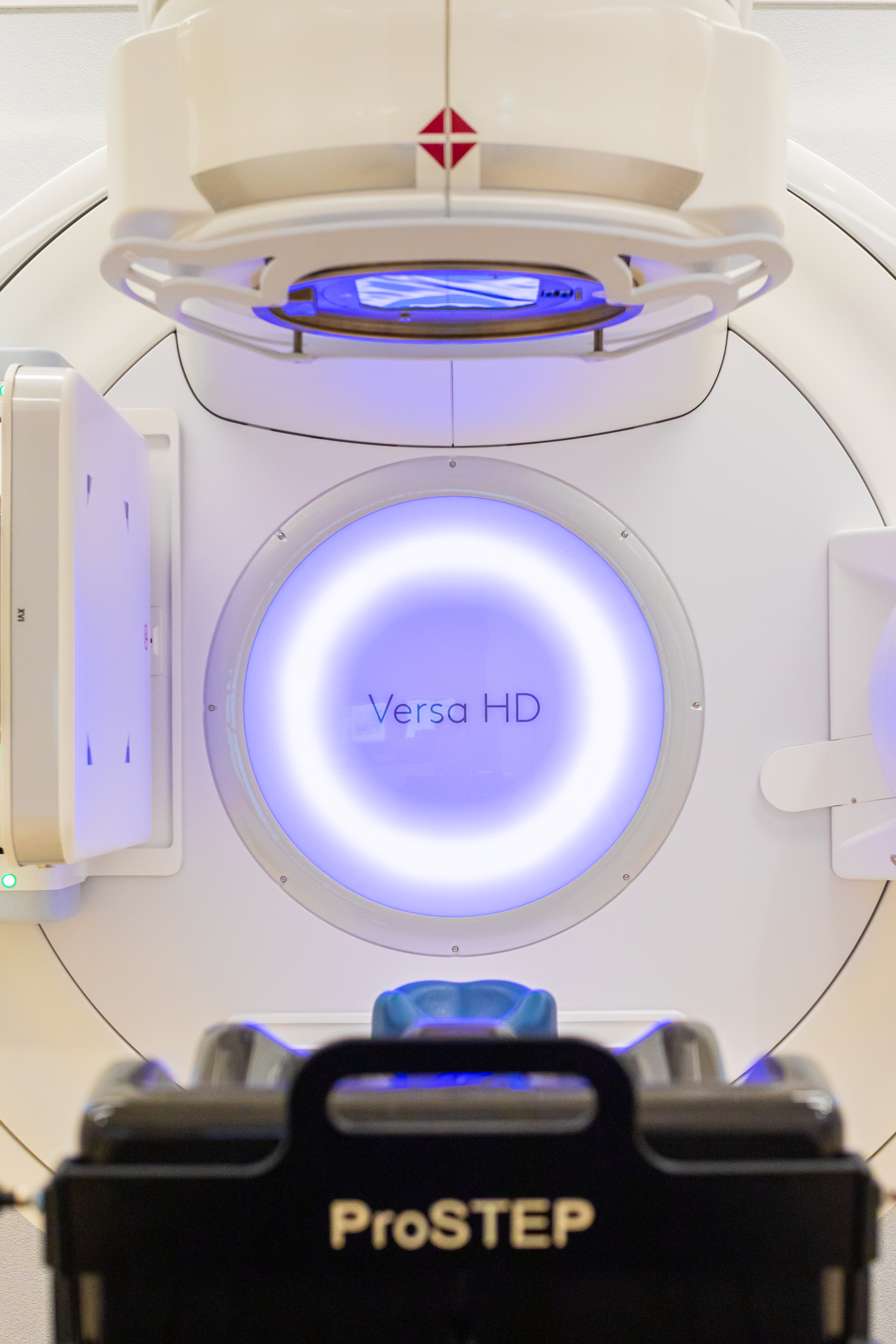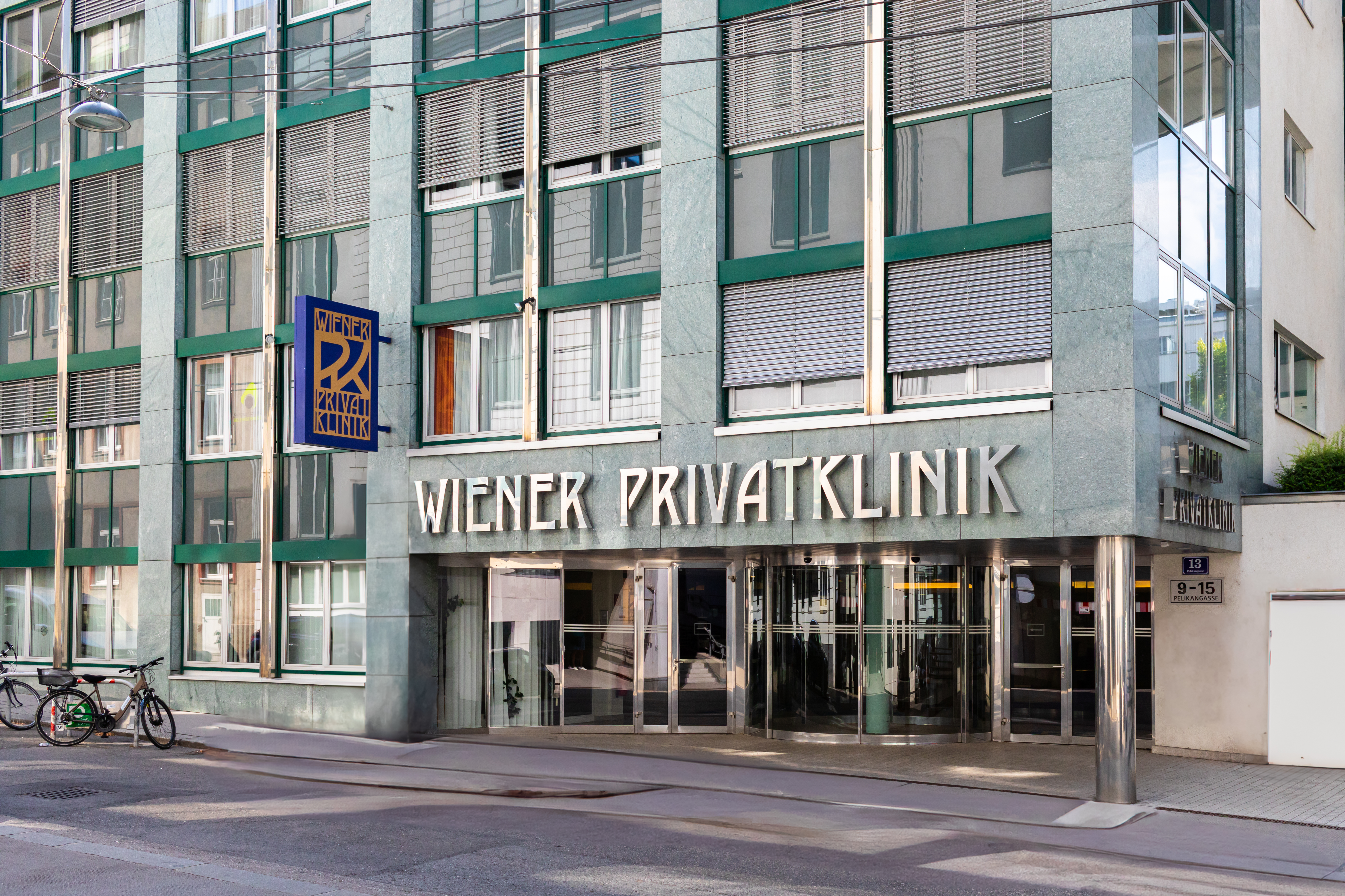What is Cancer?
Cancer is a group of diseases characterized by the uncontrolled growth and division of cells. When these cells lose the ability to regulate their growth, they may form tumors (cell clusters). Tumors can be:
- Benign (non-cancerous) – They do not spread to other parts of the body and are often not life-threatening.
- Malignant (cancerous) – They can invade surrounding tissues and spread to other parts of the body (metastasis).
Common Types of Cancer
There are more than 100 types of cancer, but some of the most common include:
- Breast Cancer – The most common type of cancer in women.
- Lung Cancer – Often linked to smoking, but also associated with toxin exposure.
- Prostate Cancer – The second most common cancer in men.
- Colorectal Cancer – Frequently detected through screening programs.
- Skin Cancer (Melanoma) – Associated with UV radiation exposure.
- Leukemia – A cancer of blood cells, differing from solid tumors.
Cancer Symptoms
Cancer symptoms can vary significantly depending on the type and stage of the disease. Unexplained weight loss is one of the most common early signs, often occurring without any changes to diet or physical activity. Persistent fatigue that doesn’t improve with rest may also indicate the presence of cancer. Pain, especially if it’s unexplained or occurs in specific areas, can be an early warning sign.
Changes in the skin, such as new growths or alterations in moles, may signal skin cancer or other underlying conditions. Changes in bowel or bladder habits, such as prolonged diarrhea, constipation, or blood in the stool, could point to colorectal cancer. Additionally, a persistent cough, hoarseness, or difficulty swallowing might indicate lung or throat cancer. Finally, lumps or swelling in the body, particularly in the breast, lymph nodes, or other soft tissues, warrant medical evaluation.
Detecting and Treating Cancer
Early detection of cancer is crucial for improving outcomes and increasing the chances of successful treatment. Diagnostic procedures often begin with a thorough medical history and physical examination. Blood tests can reveal markers indicative of cancer, while imaging techniques like X-rays, CT scans, MRI, and PET scans provide detailed views of internal structures. A biopsy, where a small tissue sample is examined under a microscope, remains one of the most definitive methods for cancer diagnosis. Endoscopic examinations, such as colonoscopies, allow for direct visualization of certain internal organs.

Image: CT screening in WPK – Wiener Privatklinik in Vienna, Austria
Cancer treatments vary depending on the type, stage, and overall health of the patient. Surgery is often the first line of treatment, aiming to remove the tumor and surrounding affected tissues. Chemotherapy, which uses powerful drugs to destroy cancer cells, is a common approach for systemic treatment. Radiation therapy targets specific areas with high-energy radiation to kill cancer cells or shrink tumors. Immunotherapy leverages the body’s immune system to identify and attack cancer cells, while targeted therapy focuses on specific molecules involved in cancer growth and spread. Each treatment plan is tailored to the individual’s unique needs.

Image: Versa HD – modern Radiosurgery system available at WPK – Wiener Privatklinik in Vienna, Austria
WPK – Wiener Privatklinik: Your Partner in the Fight Against Cancer
WPK – Wiener Privatklinik, located in Vienna, is one of Europe’s leading hospitals specializing in cancer treatment. This prestigious institution offers:
- Access to top oncologists with extensive experience.
State-of-the-art diagnostic and therapeutic technologies.
Multidisciplinary teams ensuring personalized care for each patient.

ZagrebMed and WPK: Joint Support for Patients
ZagrebMed, as a leading digital platform for healthcare services, connects Croatian patients with WPK in Vienna. Through the ZagrebMed platform, patients can:
- Submit inquiries and obtain information about treatment options.
- Arrange consultations and second opinions with top specialists.
- Receive support in organizing travel and accommodation for treatment in Vienna
The collaboration between ZagrebMed and WPK ensures access to the best possible care for patients diagnosed with or suspecting cancer.
Cancer is a complex disease that requires timely detection and an individualized treatment approach. Through the partnership of ZagrebMed and Wiener Privatklinik, patients from Croatia have the opportunity to access services from Europe’s top experts. Don’t delay your health – learn more and take the first step toward successful treatment today via the ZagrebMed platform.
